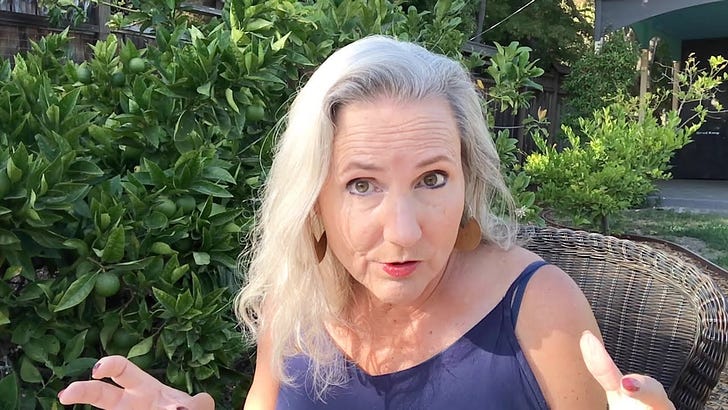This post collates all of the chapters in Section THREE of my book, How to Dismantle an Empire. It shows the global scope of the scam to usurp ownership of homes, cities and nature itself.
To review, the six sections of the book are divided into the past, the present and the future. This section has been alarmingly relevant in the last few weeks, in ways I could never have predicted.
Section ONE: Pieces of Slave is the anthropology of money and democracy.
Section TWO: Two Ways to Make a Slave is the 500 year history of colonization.
Section THREE: World on FIRE is the global asset grab of the financiers.
These are the chapters and their descriptions, followed by the paradigm shifts in each:
I observe that weather weapons have targeted rebellious 'colonies' especially against the banking empire. One of these is Greece, hit with both fire and floods. I read Ch. 8 Greece Lightning from my book, How to Dismantle an Empire, talking about the sado-monetarism and savage austerity of the EU troika.
Paradigm Shift #8A
The economy rules the government, government doesn't rule the economy. Before the economy can be changed, control must be decentralized.
Bigger is better for empire but smaller suits sovereignty.
Paradigm Shift #8B
Revolution is predictable but the timing and outcome are not. Although the timing can't be seen, preparations must be made or the outcome will be the same thing in a more resilient form. However, intervention pre-crisis will simply prolong the disease.
I describe the connection between the current floods and the shambles left by the coup against Qaddafi. Reading Ch. 9 of my book, How to Dismantle an Empire, I explain the connections between petrodollar hegemony, the CFA franc, the BIS & IMF, and interventions in Iraq, Libya and the Cote d'Ivoire.
Paradigm Shift #9
The primary cause of US intervention is neither oil nor corporate profits, but the currency in which oil trades, which sets the standard for all trade.
I read Ch 10 of my book, How to Dismantle an Empire, on the petro-sex scandal of Strauss-Kahn, the currency wars of the BRICS, and the billion-dollar petrodactyls looking to scoop up any asset with a drop of blood. I examine the eco-system services market as milking mother nature and sovereign wealth funds that are grabbing the globe.
Paradigm Shift #10
Only nations have the right to lend or spend their own money into existence, backed by the wealth of their land, properties, and infrastructures, and collected again in taxes to fund their domestic priorities.
To enable fair trade, a common repository—global bank—would need to hold the same value per person of each country’s currency. That country could decide how much they’d sell their currency for, which means the products of their labor, in the currency or labor of any other nation. If a country wanted to favor local trade, they’d price their currency higher if bought in another currency, allowing citizens to buy goods more cheaply than foreigners.
If a country needed to “borrow” money, it would price its currency temporarily lower if bought in other currencies. This would sell futures on the products of its labor, to be repaid with interest, i.e. more product.
A devalued currency, however, favors exports over domestic consumption and lowers the overall quality of life—widening the income gap between those who make products and those who make profits.
Section ONE: Pieces of Slave
This collects all of the chapters in Section ONE: Pieces of Slave, so they can be linked as one unit in subsequent chapters. It also has the deleted preamble and the prologue of my book, How to Dismantle an Empire. Thanks to Amy Rosebush for the charming mouse thumbnail, since coinman lost his head ;-)
Section TWO: Two Ways to Make a Slave
This post collates all of the chapters in Section TWO of my book, How to Dismantle an Empire. Thanks to Amy Rosebush for the evocative thumbnail.








https://youtu.be/1ws33f6qys4?si=nJw9ToOhxrhHVN-a
🤣😂😅🥲😁🎁💎
sado-monetarism 😊
Quote: "The economy rules the government, government doesn't rule the economy.
>> True
Quote: "Before the economy can be changed, control must be decentralized"
>> Not necessarily